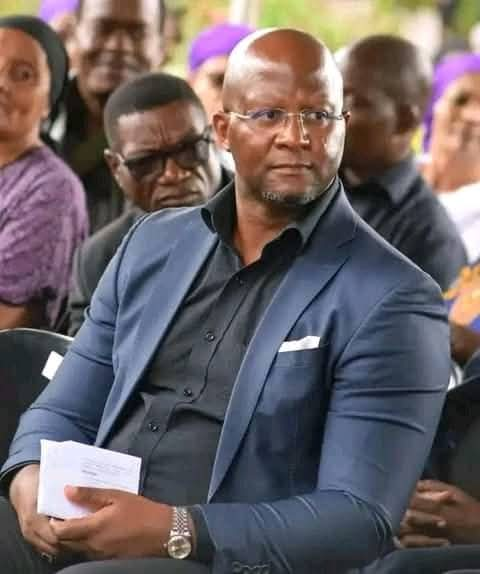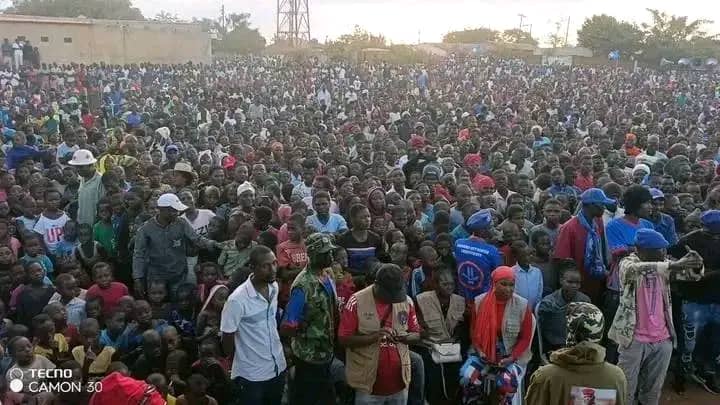By Staff Reporter
With Malawi’s general election on the horizon, potential presidential candidates and their running mates are stepping into the spotlight, each bringing their unique blend of experience, vision, and leadership approach to the table – the question on everyone’s mind: who will lead Malawi forward?”

Coming into spotlight, one such a contender is Atupele Muluzi, President of the United Democratic Front (UDF). Born on August 6, 1978, in Lilongwe, Malawi, to former President Bakili Muluzi, Atupele has a dynamic political career marked by various roles and alliances.
Stepping into the spotlight is Atupele Muluzi, President of the United Democratic Front (UDF), who brings a wealth of experience to the table. Born on August 6, 1978, in Lilongwe, Malawi, to former President Bakili Muluzi, Atupele has built a dynamic political career marked by diverse roles and strategic alliances.
A versatile politician, Atupele Muluzi studied Economics and Law at the University of Leicester and the University of Law in London.
First elected to parliament in 2004, representing the Machinga North East constituency and then served in various ministerial positions, including Economic Planning and Development under President Joyce Banda, Minister of Natural Resources, Energy, and Mining, Home Affairs and Internal Security, Lands, Housing and Urban Development, and then Health under President Peter Mutharika.
Known for his dynamic personality and oratory skills, Atupele has built a following among Malawians similar to John F. Kennedy, the 35th United State’s president renowned for his charisma and leadership style, which inspired a generation of Americans.
Like many ambitious politicians, Atupele has demonstrated presidential aspirations, having run as a candidate in the 2019 election, although unsuccessfully.
Drawing inspiration from leaders like Ian Khama, the former President of Botswana, known for his strong personality and commitment to conservation and development, Muluzi may be charting a similar path.
If Atupele’s pursuit of leadership is tied to dynasties and legacy, then as the son of former President Bakili Muluzi’s political career is being shaped by his family’s legacy, much like George W. Bush, whose presidency was influenced by his father, George H.W. Bush’s, legacy.
Similarly, the Gandhi family in India has a long-standing legacy in politics, with the Nehru-Gandhi family producing several Indian prime ministers, including Jawaharlal Nehru, Indira Gandhi, Rajiv Gandhi, and Rahul Gandhi, whose influence continues to shape Indian politics.
As the current President of the UDF, he has previously resigned from active politics but announced plans to re-join frontline politics, with indications he may seek alliances for the 2025 elections.
At some point, his political career has been marred by controversies, some people commenting, viewing it as underwhelming given his privileged background and opportunities but he remains a significant figure in Malawian politics.
As Malawi’s election season heats up, Atupele Muluzi’s potential contribution to the country’s economic growth and infrastructure development will still be under scrutiny. Can he leverage his experience and alliances to lead Malawi to a brighter future? Only time will tell.



